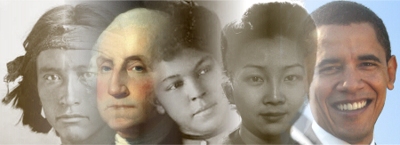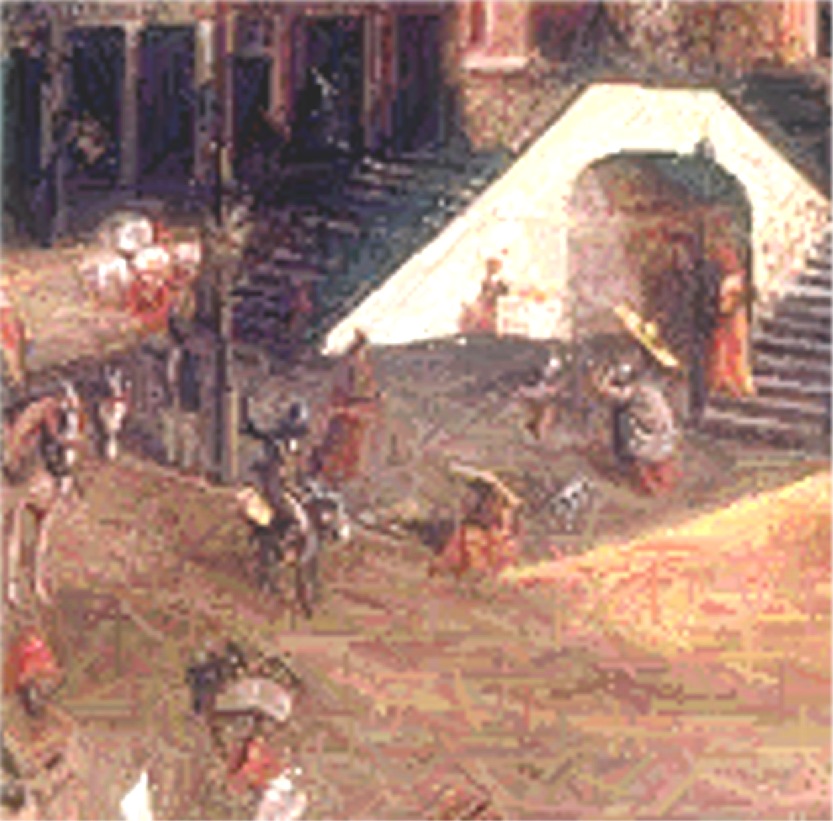 |
OneHistory.org |
Moments in History
|
| home about us contact us visual history reading history multicultural quizzes teacher feature index | ||
|
The Charleston Market: Enslaved Black Women Take Control The Charleston Market was a place of tremendous activity. Farmers brought their produce in from the countryside. Fishermen hawked their catch. Peddlars sold bread and cakes. And at the heart of it all were the expert traders, who always got the best goods, knew how to corner the market on a highly desirable commodity and could set the prices that the public would have to pay for virtually everything in the market. These traders were Black women and they were slaves. In the late 1600s, a slave in the Charleston, South Carolina, area would often be sent to the market to sell her master's goods and buy what was needed for the home. Sometimes, she would arrange with her master to take the money from selling the goods, buy other goods and resell them, making a larger profit. Out of the profit, she would pay her master a "wage," which remained the same no matter how much or how little she made. She would then keep the rest. Slaveowners liked this practice because they got a steady income from their slaves, regardless of what they had to sell or whether they had any work for the women to do. However, a lot of other people didn't like it. The women were very good traders. Soon, they had almost complete control of the city's food supply. In 1686, a law was passed forbidding the purchase of goods from slaves. It had little effect. When an official marketplace was set up in 1739, part of its purpose was to prevent this kind of "black market" trading. That didn't work either. In fact, none of the many attempts to take control of the marketplace out of the hands of enslaved Black women worked. A petition presented to the Charleston assembly in 1747 describes the situation. These women, using the skills of their foremothers in Africa, ruled the Charleston market. Some of them amassed considerable wealth. And in the way they challenged white authority, they provided an example to other African Americans who lived as slaves.
|
|
|
